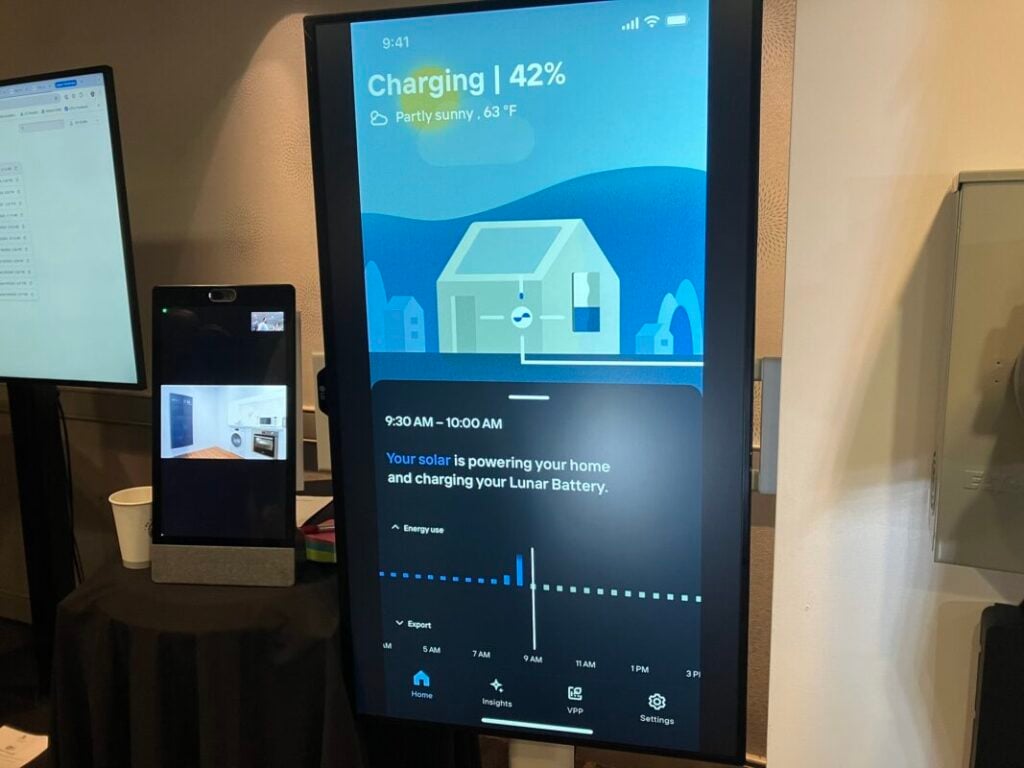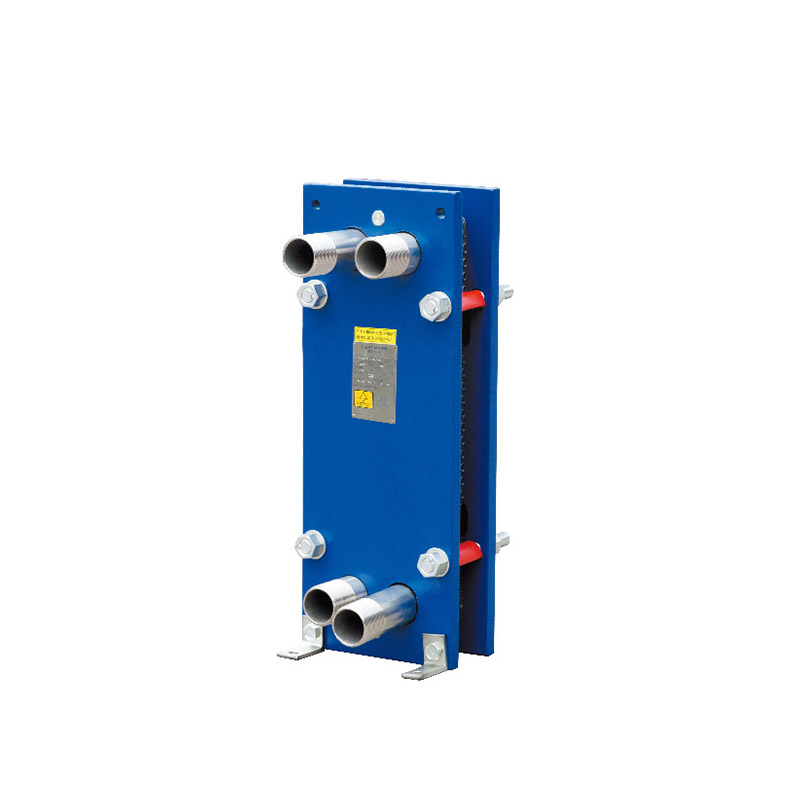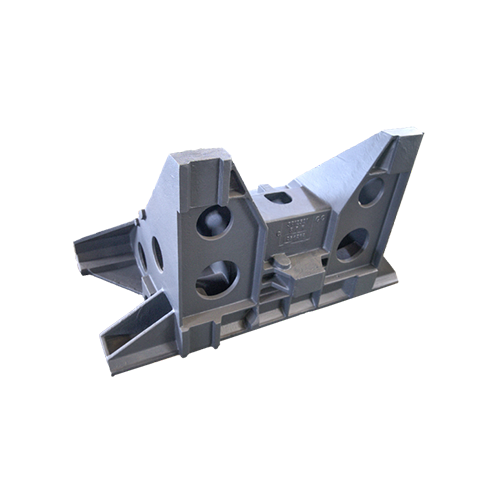In the realm of air movement technology, the debate between blowers and fans has long been a topic of interest among engineers, HVAC professionals, and everyday consumers alike. While both devices serve the fundamental purpose of circulating air, their operational mechanisms, efficiency, and applications vary significantly. This article delves into the intricacies of blowers and fans, exploring their respective advantages and disadvantages to determine whether blowers are indeed better than fans for specific applications.
Understanding the Basics: Blowers vs. Fans
At the core of the discussion lies the fundamental difference in how blowers and fans operate. Fans are designed to move large volumes of air at relatively low pressure. They work by creating a flow of air that is typically used for ventilation, cooling, and general air circulation. Common types of fans include axial fans, centrifugal fans, and exhaust fans, each tailored for specific airflow patterns and applications.
Conversely, blowers are engineered to move air at higher pressures, making them suitable for applications requiring focused airflow. They are often used in industrial settings for tasks such as pneumatic conveying, dust collection, and combustion air supply. Blowers can be categorized into positive displacement blowers and dynamic blowers, each with unique operational characteristics.
Efficiency and Performance: A Comparative Analysis
When assessing whether blowers are better than fans, one must consider efficiency and performance metrics. Blowers typically operate at higher efficiencies when it comes to moving air against resistance. For instance, in applications where air needs to be directed through ducts or across obstacles, blowers can maintain a consistent airflow with minimal energy loss.
On the other hand, fans excel in scenarios where large volumes of air need to be moved with minimal resistance. For example, in residential and commercial cooling systems, axial fans are often preferred due to their ability to provide significant airflow at lower energy costs. This makes them ideal for applications such as ceiling fans, exhaust fans, and ventilation systems.
Application Suitability: Where Each Shines
The choice between blowers and fans largely depends on the specific application requirements. Here are some scenarios where each device excels:
When to Choose Blowers:
- Industrial Processes: In manufacturing environments, blowers are essential for tasks such as drying, cooling, and material handling. Their ability to generate high-pressure airflow makes them indispensable for pneumatic conveying systems.
- HVAC Systems: In heating, ventilation, and air conditioning systems, blowers are often used to distribute conditioned air throughout a building. Their capacity to overcome duct resistance ensures efficient air delivery.
- Combustion Applications: In combustion systems, blowers provide the necessary air supply for efficient fuel burning, enhancing energy output and reducing emissions.
When to Choose Fans:
- General Ventilation: For spaces requiring basic air circulation, such as homes and offices, fans are typically more cost-effective and energy-efficient. They provide adequate airflow without the need for high pressure.
- Cooling Solutions: In cooling applications, such as computer cooling systems or refrigeration units, fans are preferred for their ability to move large volumes of air quickly.
- Exhaust Systems: In environments where air needs to be expelled, such as kitchens or bathrooms, exhaust fans are specifically designed to remove stale air and odors effectively.
Noise Levels and Maintenance Considerations
Another critical factor in the blowers vs. fans debate is noise levels. Generally, blowers tend to operate at higher noise levels due to their powerful motors and high-pressure outputs. This can be a significant consideration in residential applications where noise pollution is a concern. Fans, particularly those designed for quiet operation, can provide effective air movement with minimal noise, making them more suitable for living spaces.
Maintenance requirements also differ between the two. Blowers often require more rigorous maintenance due to their complex components and higher operational stresses. Fans, especially those with simpler designs, typically demand less frequent maintenance, making them more user-friendly for residential applications.
Conclusion: The Right Choice for Your Needs
In conclusion, whether blowers are better than fans is not a straightforward question; it ultimately depends on the specific requirements of the application at hand. Blowers excel in high-pressure, industrial, and specialized applications, while fans are more suited for general air circulation and cooling needs. Understanding the unique characteristics and advantages of each device is crucial for making an informed decision.







+ There are no comments
Add yours